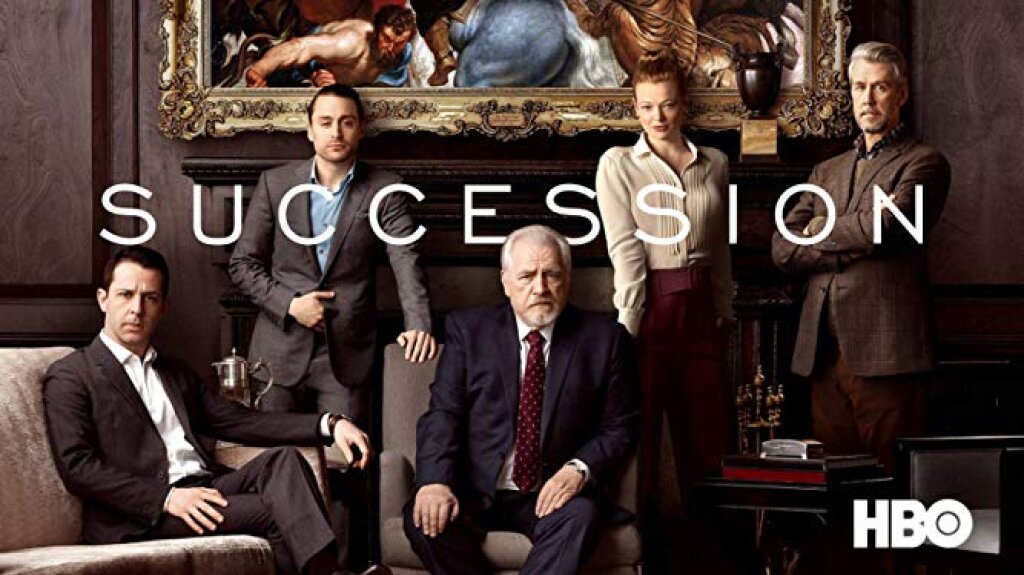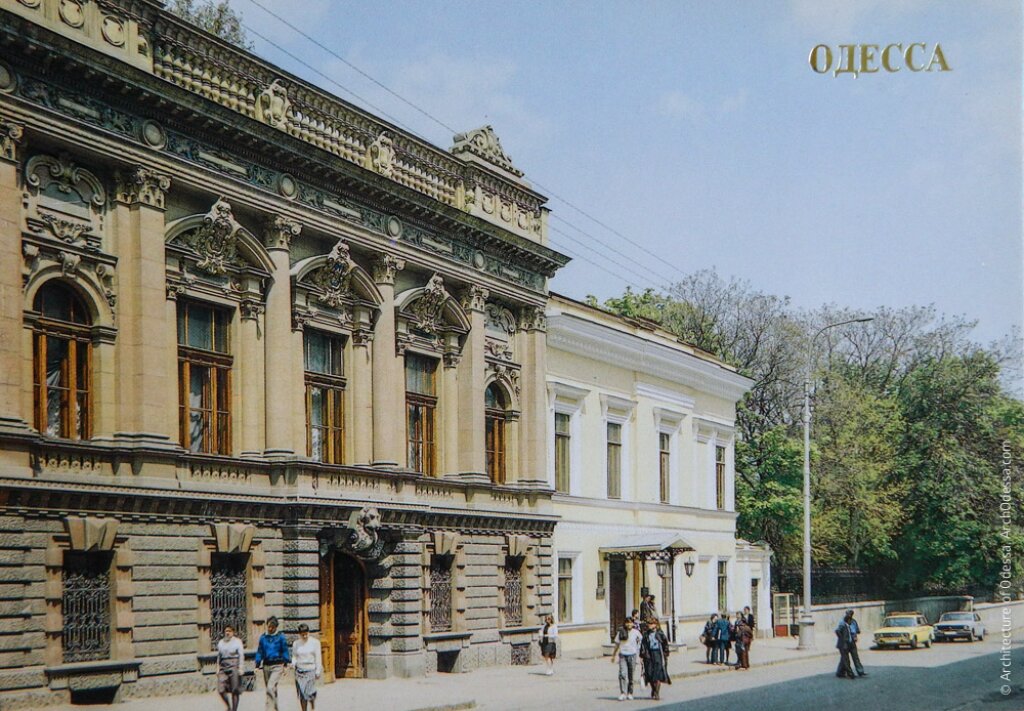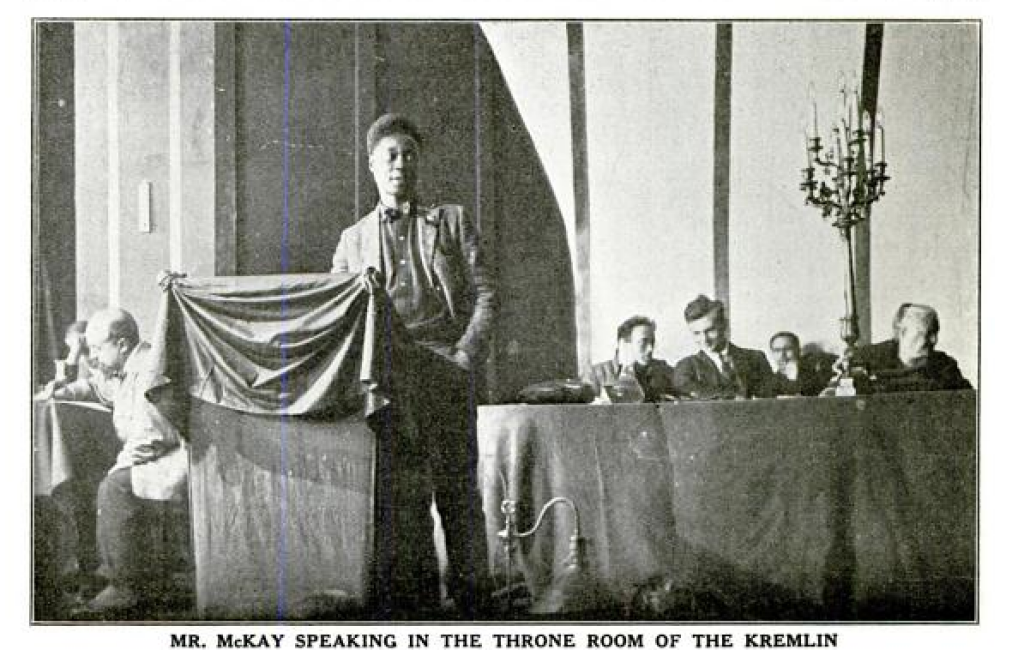Peter Rutland is Professor of Government at Wesleyan University.
Specula principum, or mirror of princes, a genre of advice literature in medieval Europe that outlines basic principles of conduct for rulers and the structure and purpose of secular power. — Encyclopedia Britannica
The Achilles Heel of all authoritarian regimes is the question of succession: what happens when the incumbent ruler leaves office. Dictators face a dilemma: pick a successor too early, and they may turn on the previous incumbent, blaming him for unresolved problems. Pick them too late, and the newcomer may lack the authority to take over the reins of power.
Russia got lucky in 1999: they managed a relatively smooth transition from one authoritarian leader to another without triggering elite breakdown, social unrest or civil war – although the second Chechen war perhaps invalidates the latter claim. It was the first peaceful, democratic transfer of power from one leader to another in Russia’s 1000-year history.
Three features of the 1999 “Operation Successor” stand out.
First, it took place when the country was facing an extraordinary combination of existential challenges – the 1998 economic crash, the September 1999 terrorist attacks, and the NATO bombing of Yugoslavia (March-June 1999). These came together to convince the Russian people that Russia was in need of a strong leader.
Second, the outgoing leader, Boris Yeltsin, had lost public support. Despite that, his unpopularity did not carry over onto his chosen successor, Vladimir Putin (because of point #1).
Third, political elites were deeply divided: Moscow versus the provinces, and liberals versus nationalists; while rival oligarchs vied for control of state assets. In those circumstances, Yeltsin decided to bring in a relative outsider – a person from St Petersburg, who had only arrived in Moscow a few years earlier, and who had no identifiable power base among the ruling clans.
None of these features apply in 2019. Russia does not face any urgent threats: there is no insurgency in the North Caucasus, and no economic crisis. Russia has had a string of foreign policy successes, from Crimea to Syria. Putin’s popularity is slipping, but is still in the 60% range.
However, the constitutional clock is ticking – Putin’s second term ends in 2024 – as is the biological clock – he is 67. There is no doubt that Putin has a succession plan – but he has not yet revealed what it is. During his June 2018 call-in program, Putin said in response to a question about his succession “of course I think about it all the time,” remarking that “we have a new generation of young leaders who can take responsibility for running Russia.” When asked about his successor in a June 2019 interview with the Financial Times, he said “I have always been thinking about this, since 2000,” but did not provide any more details. TV pundit Dmitry Kisilev told a student gathering on 23 October that Putin is actively seeking a successor.
The problem is that as of late 2019 things are generally going pretty well for the Russian elite, so why should they potentially destabilize the country by retiring Putin and bringing in a newcomer? According to a July 2019 Levada Center poll, 54% of Russians would like Putin to stay on after 2024. In 1999 the situation was so dire that the elite gambled on an outsider: there is no need for such a risky move this time around.
Presidential term limits have been extended or abolished in seven other post-soviet states. But few people think that Putin wants to alter the constitution and stay on as president for a third consecutive term: Olga Kryshtanovskaya argues that “there is almost no serious chance” of that happening. This is presumably because Putin is tired of ruling, and does not want to face the social unrest that prolongation of his term would likely trigger. In his June 2019 paper “New Prince,” Kirill Rogov argues that Putin may follow the example of Nursultan Nazarbaev, who stepped down as president of Kazakhstan in March 2019 but continues to control the country as head of the Security Council. Former presidential aide Andrei Kolyadin said the Kazakh variant is being actively discussed in the Kremlin.
The problem with this scenario is that a version was already tried in Russia, during the “tandem leadership” of 2008-12, when Putin became prime minister and Dmitry Medvedev served as president. It was not a disaster; but nor did it work very well. There was tension between the two men (who took different positions over the NATO intervention in Libya, for example). Medvedev himself, though still young at 54, is lacking in charisma and authority. It was precisely those qualities – or lack thereof – that made Medvedev useful for Putin.
Under Putin’s rule the role of the state in Russia’s political and economic life has increased, especially in recent years: that means there is even more at stake in the transition for Russia’s business elite. Most Russian experts seem to believe that the leadership transition will be implemented quite smoothly, without providing an opening for regime change or serious structural reforms. Even so, it is natural for a new leader to bring in his own people, to assert his authority, and to seek scapegoats amongst the ranks of the former regime. So members of Putin’s inner circle, such as Rosneft’s Igor Sechin or Gazprom’s Aleksei Miller, must be concerned that if Putin steps aside some of them may lose their privileged position. After becoming president in 2000 Putin honored the guarantees he had given to the Yeltsin “family” that none of their assets would be touched, though he did take down some leading oligarchs of the ancien regime, such as Boris Berezovsky, Vladmir Gusinsky, and Mikhail Khodorkovsky.
If Putin does decide to leave the presidency, who might be the successor? There is no obvious front-runner amongst the list of usual suspects (which still includes Medvedev). Defense minister Sergei Shoigu is the second most trusted politician after Putin and recently surfaced with a rare interview. But at 64 Shoigu is only three years younger than Putin, so he would be at best a transitional figure. Yurii Trutnev, first deputy prime minister and envoy to the Russian Far East, is another contender. A mining engineer, businessman and sportsman (karate), he was elected governor of Perm before being brought to Moscow as minister of natural resources. But at 63 he is too old to be a lasting successor. Dmitrii Kozak, a 60 year-old lawyer, is one of Putin’s most trusted aides, and has played a leading role in handling tough issues such as the North Caucasus and Crimea.
Amongst the younger generation of politicians, the stand-out figure is 47-year old Aleksei Dyumin, a former Putin bodyguard, who was promoted to deputy defense minister and then appointed governor of Tula in 2016. In 2017 he was named by one expert group as among the top three likely successors (along with Medvedev and Moscow mayor Sergei Sobyanin).
Given the level of repression, a popular uprising that topples the current regime looks improbable. However, if the central ruling elite fragments in the wake of a Putin succession, that could create some opportunity for opposition groups, who have been using regional elections to contest the power elite and stay in the game. In September’s elections, for example, United Russia saw its seats in the Moscow city duma fall from 38 to 25.
One of Putin’s strengths as a politician is his capacity for doing the unexpected, so we should anticipate something out of the ordinary. It is worth recalling that the rise of Putin caught Western experts completely off guard. In March 1999 a seminar convened at George Washington University to discuss possible successors to Yeltsin, whose term was due to end in May 2000. Papers were presented on putative contenders such as Yurii Luzhkov, Evgennii Primakov, Gennadii Zyuganov and Aleksandr Lebed. (I was assigned Grigorii Yavlinsky: instead of presenting a paper, I showed this ad, which I had on videotape.) Michael Mcfaul was tasked with reviewing all other possible candidates. Vladimir Putin, who had been appointed head of the FSB the previous year, was not on the list. Nor was Sergei Stepashin, the interior minister who would be appointed prime minister in May 1999, only to be fired in August and replaced by Putin. (Putin was the fourth prime minister in less than a year – and three of them came from the security apparatus.) This experience indicates that we need to be humble in our predictions.
Whoever is chosen, the Kremlin will need to come up with a powerful narrative to convince people that it is time for Putin to leave – and that his chosen successor is up to the job. It will not be easy – especially since Vladislav Surkov, one of the main architects of Putin’s personality cult, seems to be losing his touch.
One option would be to start a new war – the Wag the Dog scenario, named after the 1998 film in which an American president attacked Albania to distract from a presidential sex scandal. The film was made before the Monica Lewinsky scandal and before the Kosovo war. It serves as a useful reminder that the arts can be better than social science when it comes to predicting future trends. That is especially true in Russia: in the 1990s someone reading Viktor Pelevin’s novels would have a better sense of what was coming than the transitologists arguing the finer points of Russian electoral law.
The problem is that Crimea and Syria have already exhausted the Russian public’s enthusiasm for short victorious wars. On the home front, the crackdown on street protests and exemplary arrests of corrupt officials means that the “market for repression” is also experiencing a slump.
Putin’s team will have to come up with a new narrative to frame the transition. To end on an unrealistically optimistic note: maybe peace with Ukraine would be the most suitable achievement to mark Putin’s retirement from the political stage.



